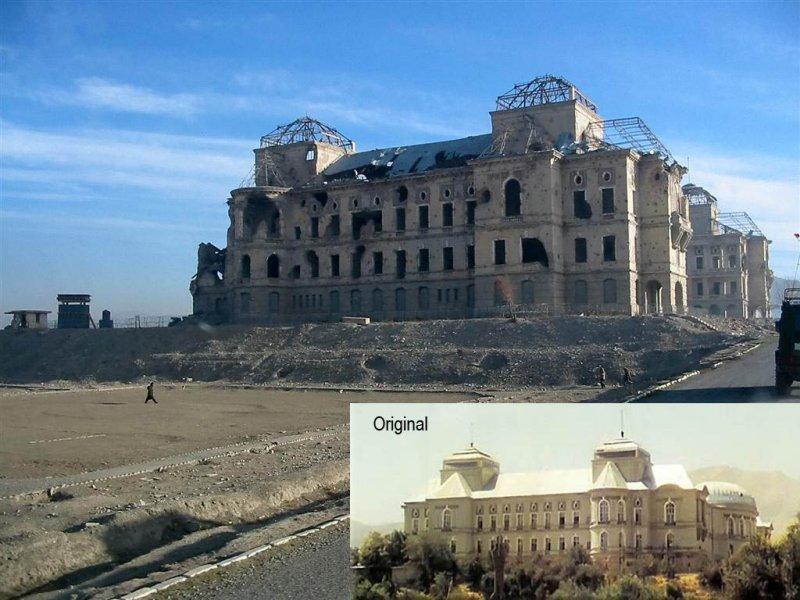 |
| (Source) |
| (Source) |
The New York Times reported last month:
Afghan opium cultivation again rose to historic levels in 2014, United Nations officials reported on Wednesday. And in a sign of how deeply entwined drug trafficking and the Afghan political system have become, the officials said the protracted elections this year were at least part of the cause.
“With the presidential election ongoing, there was a huge demand of funding,” said Jean-Luc Lemahieu, a senior official with the United Nations Office on Drugs and Crime. “And that funding is not available in the licit economy, and that money has to come from somewhere, so they turned to the illicit economy.”
* * *
In their annual opium survey, the United Nations agency and the Afghan Ministry of Counternarcotics said Wednesday that Afghan opium cultivation had increased by 7 percent over 2013, while production had increased as much as 17 percent. The rise came even though worldwide demand for Afghan opium has stagnated and prices have dropped for the country’s opium farmers.
The numbers are particularly troubling, the agencies said, because in 2013, opium cultivation increased 36 percent over the year before, reaching its highest levels since the fall of the Taliban.
The Taliban regime in the late 1990s was the only Afghan government to completely eradicate opium cultivation, but the Taliban now both tax and actively participate in opium production.
The eight-month presidential and provincial elections, which included two rounds of voting and a protracted dispute over the results, affected opium production not only in the increased demand by politicians for campaign cash, but also in diverting police and military resources to the elections and away from opium eradication.
Opium crop eradication decreased by 63 percent from 2013 to 2014, the report said. Such changes were seen in nearly all provinces where there were eradication efforts underway. Such programs are led by provincial governors, who are political appointees of the president.Depending on the source, Afghanistan is now believed to produce 80 to 90% of the world's opium. (See also this Time Magazine article).
Afghanistan represents a broader problem with how America uses its foreign power. We don't have any desire to be an empire, but we also can't simply hold ourselves back and refrain from interfering. I say "speak softly but carry a big stick," use the stick liberally, but otherwise don't get involved; or act like an empire and put our own people (not Afghans, but actual Americans) in positions of direct authority and impose our own values and laws. But this middle-of-the-road "nation building" is just a waste of blood and treasure.
No comments:
Post a Comment